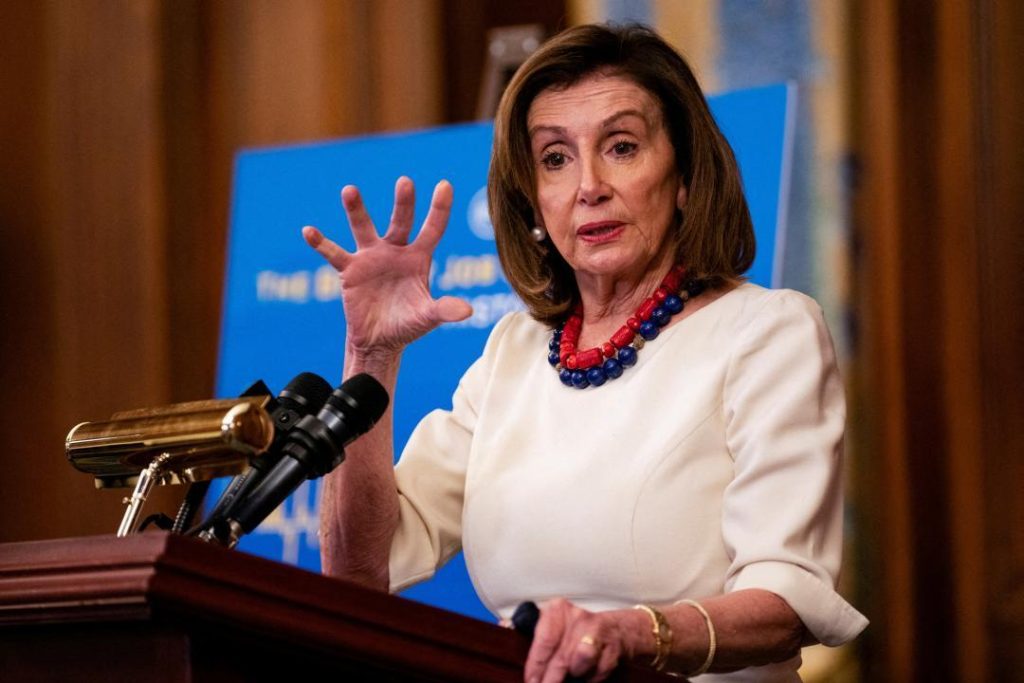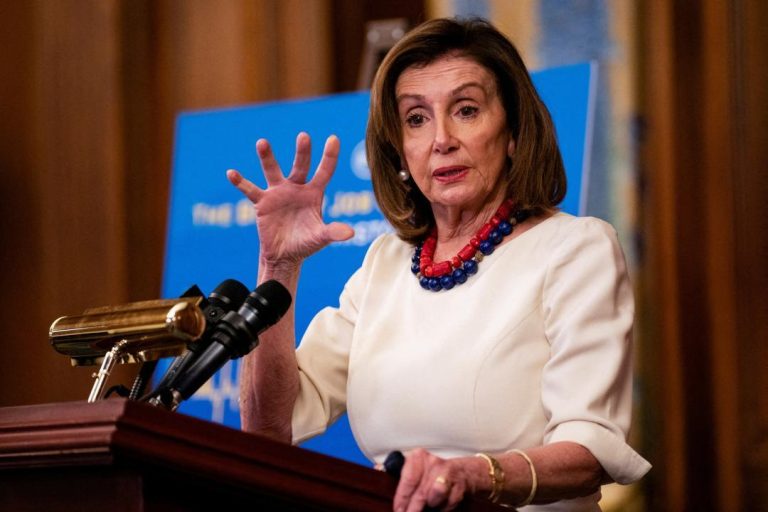
What is PELOSI Act & why is it named after former US Speaker Nancy Pelosi?
The Preventing Elected Leaders from Owning Securities and Investments (PELOSI) Act, reintroduced by US Senator Josh Hawley, has sparked a heated debate in the United States. The bill aims to prohibit lawmakers and their spouses from holding or dealing in stocks while holding office. But what is the PELOSI Act, and why is it named after former US Speaker Nancy Pelosi?
In the wake of the January 6, 2021, storming of the US Capitol, concerns about the integrity of the US political system have been growing. One of the areas of concern is the potential for lawmakers to profit from their position of power. The PELOSI Act seeks to address this issue by prohibiting elected officials and their spouses from holding or trading individual stocks, bonds, or other securities.
Under the proposed legislation, lawmakers would be allowed to invest in mutual funds (MFs), exchange-traded funds (ETFs), and Treasury bonds. These investments are considered to be less susceptible to manipulation and are therefore considered a safer bet for lawmakers.
The PELOSI Act is named after Nancy Pelosi, the former Speaker of the US House of Representatives, who has been accused of profiting from her position. During her term as Speaker, Pelosi’s net worth increased significantly, with some reports suggesting that she made millions of dollars from her investments.
Pelosi’s investments have been the subject of controversy in the past. In 2020, it was reported that she and her husband had acquired a stake in a company that was set to benefit from a government-backed COVID-19 vaccine. The acquisition was made through a blind trust, which is a trust that is managed by a third party without the beneficiary’s direct involvement.
Pelosi’s investments have also been criticized for their potential conflict of interest. As the Speaker of the House, Pelosi has had significant influence over legislation and policy decisions, which has raised concerns that her investments may have been influenced by her position of power.
The PELOSI Act aims to prevent similar conflicts of interest in the future. By prohibiting lawmakers from holding or dealing in individual stocks, the legislation seeks to ensure that elected officials are not putting their personal interests ahead of the public’s.
However, not everyone is convinced that the PELOSI Act is the answer to the problem. Some argue that the legislation goes too far, and that lawmakers should be allowed to make their own investment decisions.
“Lawmakers should be able to invest in the same way as any other citizen,” said one critic. “The PELOSI Act is an overreach of government power and a threat to our freedoms.”
Others argue that the PELOSI Act is necessary to restore trust in government. “The public has lost faith in our political system, and the PELOSI Act is a step towards restoring that faith,” said a supporter of the legislation.
The PELOSI Act is not the first attempt to address the issue of lawmakers’ investments. In 2012, the Stop Trading on Congressional Knowledge Act (STOCK Act) was passed, which prohibited lawmakers and their staff from using non-public information for personal financial gain.
However, the STOCK Act has been criticized for its loopholes. For example, lawmakers are still allowed to hold individual stocks if they are placed in a blind trust, which can make it difficult to track their investments.
The PELOSI Act aims to address these loopholes by prohibiting lawmakers from holding or dealing in individual stocks altogether. The legislation is currently awaiting a vote in the US Senate, and its fate remains uncertain.
Regardless of the outcome, the PELOSI Act has sparked an important debate about the role of money in politics. As the US political system continues to evolve, it is essential that lawmakers prioritize transparency and accountability to ensure the public’s trust.




